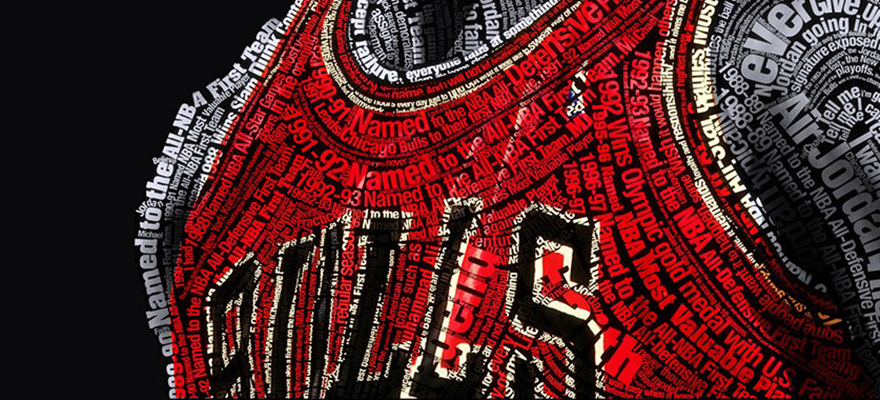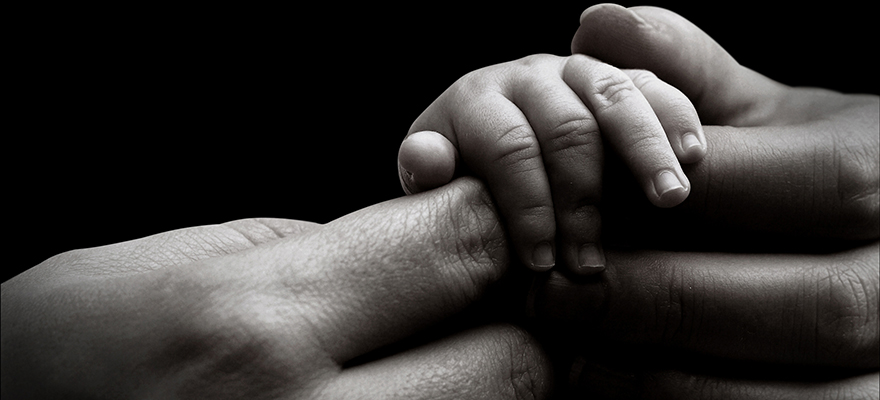God created us in His image to reflect His glory (see part 1). And His goal is to see His glory cover the earth as His image is spread to all nations.
Habakuk 2:14 states, “For the earth will be filled with the knowledge of the glory of the LORD as the waters cover the sea.”
But how will this world-wide worship take place?
After Genesis 1:27 tells us that God created us in His image, Genesis 1:28 explains how that image is to be mobilized globally. God instructed Adam and Eve to “Be fruitful and multiply and fill the earth.”
The idea is that Adam and Eve would reproduce and build a family of God-Imagers (worshippers) who would eventually fill the earth with God’s glory.
When sin entered the world, the logistics changed –but God’s plan did not change.
Man is still multiplying. Global population is at an all-time high. But because of the fall, physically multiplication does not equal spiritual multiplication We are all born as sinners. For spiritual reproduction to take place, a “second birth” must take place.
So when Jesus announced the Great Commission, He wasn’t introducing a new idea. Instead, he was repeating God’s heart from the beginning of time. But don’t misunderstand, “making disciples of all nations” does not merely imply multiplying spiritual babies –it means multiplying mature, growing disciples of Christ.
Just like responsible parents continue to train their children to be mature adults, believers are called to help other believers grow in the image of Christ. That’s what God intended when he instructed Adam and Eve to “be fruitful and multiply.”
Of course spiritual discipleship is not limited to parents and children –although that is vital. In a broader sense, it is a call for all believers to help other believers grow.
Many believers feel inadequate to make disciples because they have never been to seminary or Bible College. However, we don’t carry those same implications over to other vital areas of our life.
For instance, do you know any couples that earned a bachelor’s degree in parenting before having a baby? Of course not. But somehow, they instinctively know when to teach their child to tie their shoes, ride a bike, or say “please” and “thank you.” Why? Because their parents imparted an image of maturity into them. Parenting is just a matter of passing that image on to their children. Incredibly, most parenting is caught rather than taught. (Just think of all the times you stand back amazed at how your child laughs like you, tells stories like you, or responds to conflict like you).
Discipleship is the same way. By spending quality time with others through intentional relationships, the image of Christ that has been developed within you is transferred to those whom you pour into.
Several years ago, I hiked with a missionary to a remote village in the Philippines. After three hours of trekking through mountains and rivers, we arrived in a small community with no electricity or running water. For all practical purposes, they were removed from the outside world.
But my eyes were opened in that remote village when a small child tugged at my shirt. He looked up at me with big eyes and asked, “Do you know Michael Jordan?”
Wow! Take that in for a second. How did that happen without tv, internet, radio, or newspapers? Over time, as outsiders visited the village, they occasionally wore Jordan apparel. And because the visitors were enamored with Jordan, it rubbed off on the natives.
Just in case you weren’t convinced before –Image is a powerful thing!
If the image of a mere man can travel to the most remote villages of the world, what can happen when believers passionately display the image of God as they live fruitful, multiplying lives! The call to “make disciples of all nations” is a call to “be fruitful and multiply” the “image of God” around the world!
So where do you start?
1) If you are a parent, your first disciple-making priority is with your children. Are you spending as much time training them spiritually as you are helping them with homework, working on their baseball swing, or taking them to dance class?
2) If you are not a parent, (or your kids are out of the house) are you taking advantage of the opportunities you have with fellow church members, family, or neighbors? What about that younger couple who could benefit from your years of wisdom? Or the single mom that needs someone to speak into her life? What about the young professional who needs an older man to help him learn to balance work and family? You can be that influence. Start by spending time together over lunch or inviting them to your house. If you are living out the image of God in your life, it will eventually spill over in theirs.
If you will be faithful to “be fruitful and multiply” God will use it to reach the world.









